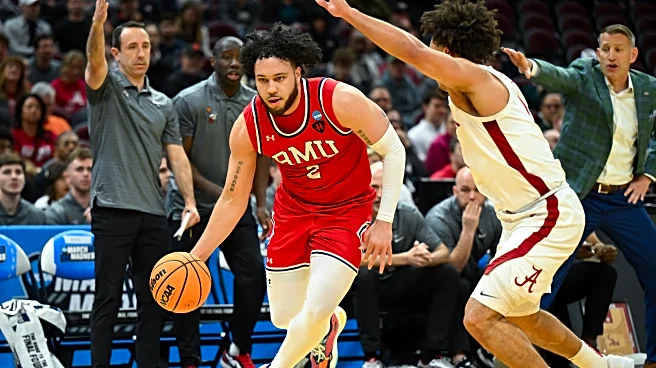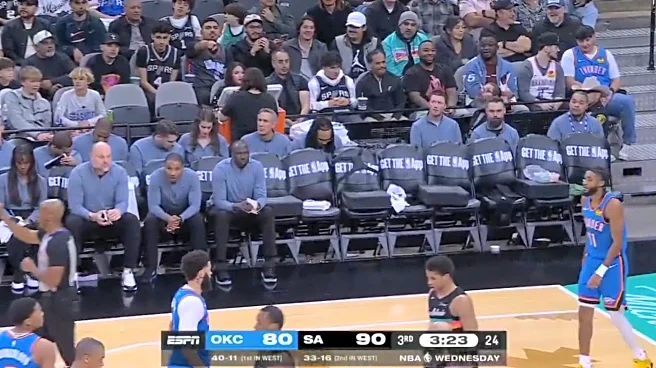What's Happening?
Brazil's indie production and distribution sectors, along with local exhibitors, are advocating for the country's Congress to pass a VOD regulation bill this year. This bill aims to allocate more funds for indie productions and set quotas for local movies and TV shows on streaming platforms. The initiative is supported by President Lula da Silva's administration, although the government lacks a majority in Congress. The bill, known as Bill 2331/22, proposes a 6% Condecine tax on streaming services' gross revenues in Brazil, which would fund the Fundo Setorial do Audiovisual (FSA), the main incentive fund for indie production. The bill also mandates that streaming services include a minimum of 10% Brazilian content in their catalogs.
Why It's Important?
The proposed regulation is significant as it seeks to strengthen Brazil's indie production sector by ensuring financial support and visibility for local content on international streaming platforms. If passed, the bill could generate an estimated annual impact of R$4 billion ($727 million) for the indie production sector, enhancing the country's cultural output and economic growth. The regulation also addresses concerns about short theatrical windows, which have been detrimental to local exhibitors and distributors. By establishing a minimum theatrical window, the bill aims to support the exhibition sector's recovery post-pandemic.
What's Next?
The bill faces strong opposition from major streaming services and video-sharing platforms like YouTube and Meta, which have blocked its approval in the House of Representatives' Culture Commission. To advance the bill, stakeholders are considering merging it with another VOD regulation bill, Bill 8889/17, which has been under discussion since 2017. The upcoming presidential elections in Brazil in 2026 add urgency to reaching a consensus on the regulation this year.
Beyond the Headlines
The regulation could lead to long-term shifts in Brazil's media landscape, fostering a more robust local industry and potentially influencing global streaming practices. It highlights the ongoing tension between local cultural preservation and global media giants' interests, raising ethical and economic questions about content ownership and distribution.









